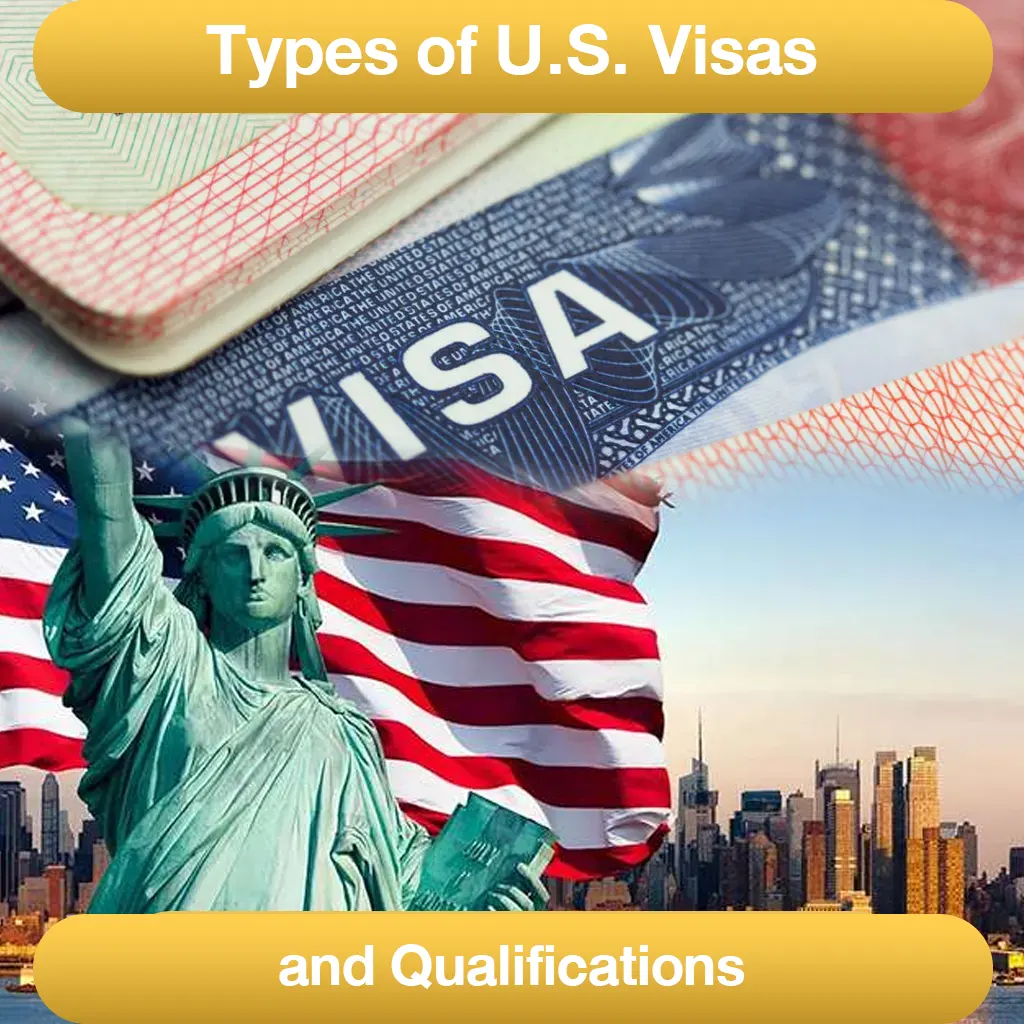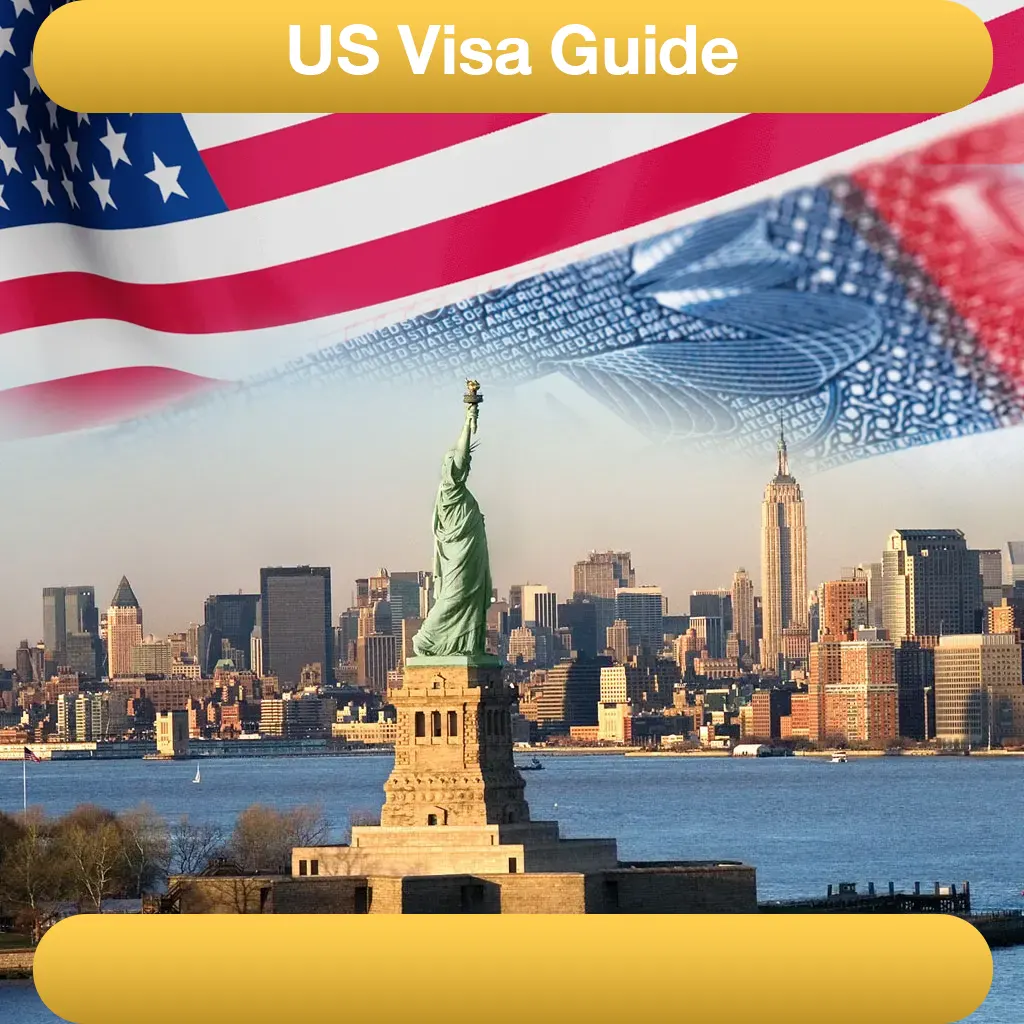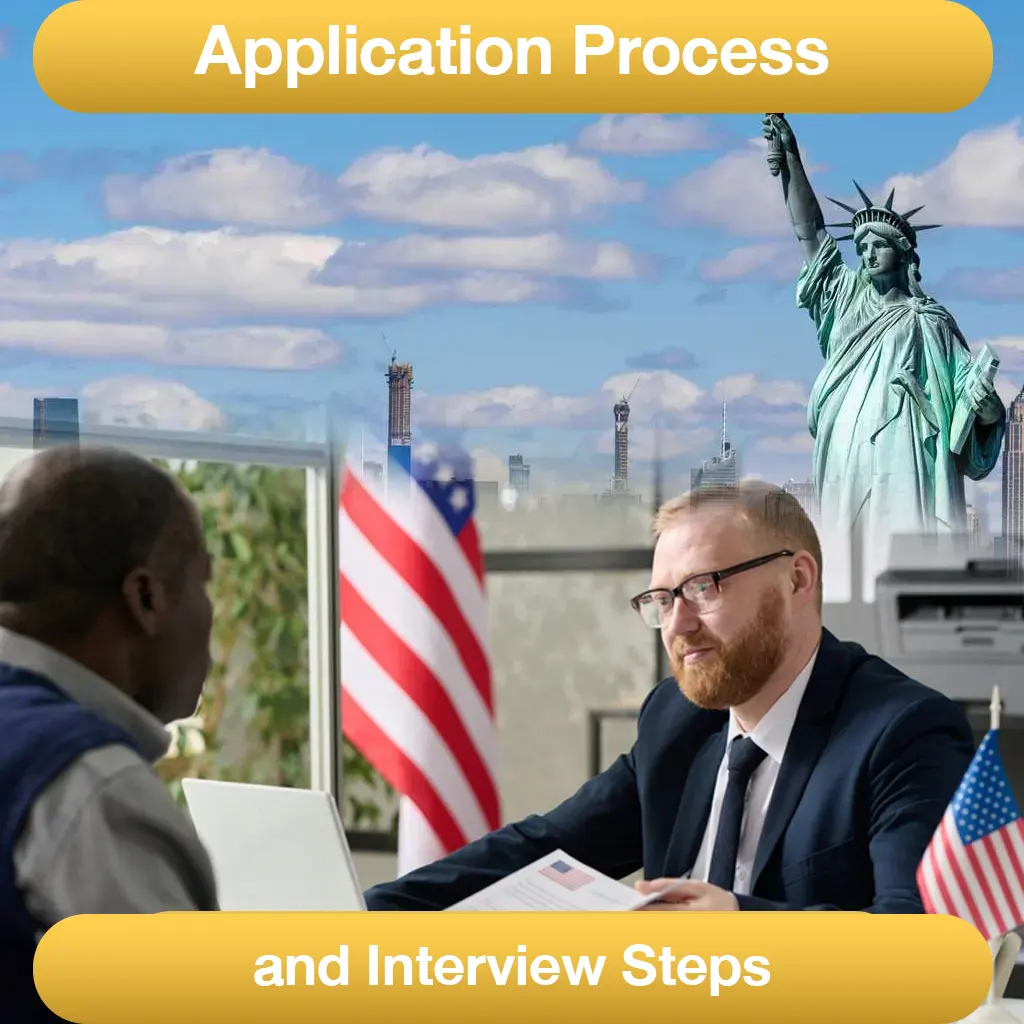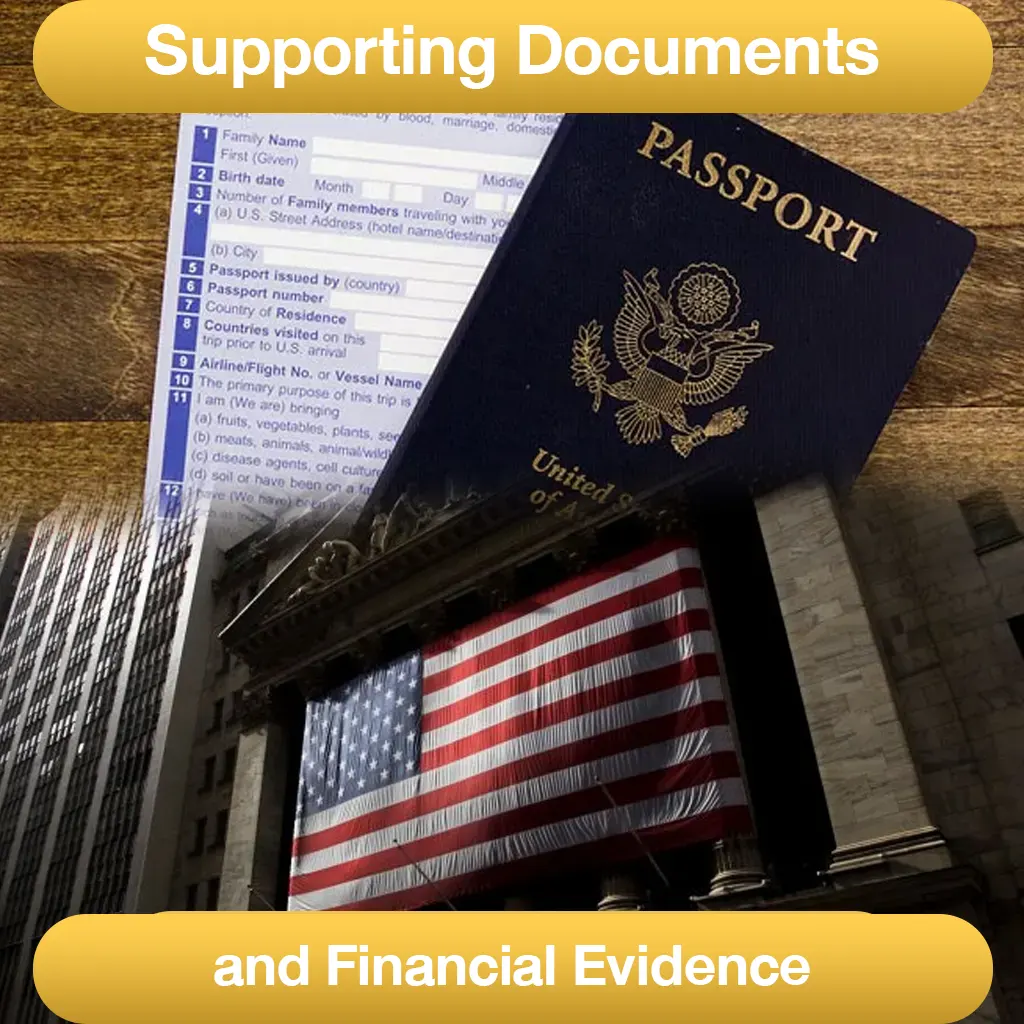Applying for a U.S. visa may seem complicated and overwhelming for many Thai citizens. However, with proper preparation and understanding of the correct procedures, you can increase your chances of visa approval. This comprehensive guide will walk you through all essential steps of the U.S. visa application process, from choosing the right visa type and preparing documents to mastering the interview, along with tips and precautions to make your visa application as smooth as possible.
Types of U.S. Visas and Qualifications

The United States offers various visa categories based on the purpose of travel, each with specific requirements and qualifications. Selecting the correct visa type that matches your travel purpose is crucial for a successful application.
Understanding the distinctions between different visa categories will help ensure you apply for the most appropriate one. Here are the main types of visas available for Thai citizens:
- Tourist Visa (B-2)
- Intended for tourism, family visits, or medical treatment
- Maximum stay of 6 months with possible extensions
- Requires proof of financial stability and ties to Thailand
- Business Visa (B-1)
- For short-term business meetings, conferences, or negotiations
- Prohibits receiving payment from U.S. sources
- Requires invitation letters or conference documentation
- Student Visa (F-1)
- For full-time study at accredited institutions
- Requires Form I-20 from the educational institution
- Must show proof of financial support for entire program
Tourist and Business Visitor Visas (B-1/B-2)
The B-1/B-2 visa category is the most popular choice for those planning to visit the United States for tourism or short-term business purposes. This visa also facilitates travel to nearby countries like Canada, allowing holders to stay in the U.S. for up to 6 months per visit with a validity period of 10 years.
Applicants for this visa category must demonstrate clear travel purposes, sufficient financial means for their stay in the United States, and strong ties to Thailand that will ensure their return after the visit. These ties can include regular employment, family relationships, or property ownership.
Student and Exchange Visitor Visas (F-1/J-1)
Student (F-1) and Exchange Visitor (J-1) visas are designed for those pursuing education or participating in exchange programs in the United States. These visas require acceptance from a U.S. government-approved educational institution and appropriate documentation such as Form I-20 (for F-1) or DS-2019 (for J-1).
Holders of these visas must maintain full-time enrollment and comply strictly with institutional regulations. They may work on campus for up to 20 hours per week during term time and full-time during holidays, subject to proper authorization from relevant officials.
Application Process and Interview Steps
The U.S. visa application process involves multiple steps that must be completed accurately and carefully. Proper preparation and attention to detail are essential for a successful application.
The process requires thorough planning and organization, starting with online form submission and fee payment, through to the embassy interview. Here are the key steps to follow:
- Complete the DS-160 form online accurately
- Pay SEVIS fee (for student visas)
- Schedule interview appointment through the online system
- Prepare all required supporting documents
Interview Preparation
- Study detailed information about your travel plans
- Prepare answers for basic questions
- Dress appropriately and professionally
- Arrive at least 30 minutes before the scheduled time
Completing the DS-160 Form Correctly
The DS-160 online form is a crucial component of your visa application that requires careful attention to detail. This form serves as the foundation for your visa interview and decision-making process, making accuracy essential.
When filling out the form, you should have all necessary documents ready, including your passport, work history, educational background, and travel information. It’s advisable to save your progress regularly and thoroughly review all information before final submission.
Interview Question Techniques
The visa interview provides a critical opportunity to directly explain your travel purposes to the consular officer. Although interviews typically last no more than 5 minutes, they play a decisive role in the visa application process.
Preparation for the interview should focus on being able to clearly and honestly explain your travel plans, accommodation arrangements, and relationships with people you plan to visit. Remember that authenticity is key – memorized answers are easily detected by experienced consular officers.
Supporting Documents and Financial Evidence
Proper documentation is crucial for demonstrating your eligibility and intentions for U.S. travel. Your application package should clearly show your ties to Thailand and ability to support yourself during your stay.
These documents serve as tangible proof of your qualifications and intentions. Here are the essential documents required for your application:
Basic Required Documents
- Passport valid for at least 6 months
- White background photo taken within 6 months
- Flight reservation confirmation
- U.S. travel itinerary and accommodation plans
- Previous international travel history
Proof of Ties to Thailand
- Employment certificate and salary statement
- House registration
- Business ownership documents (if applicable)
- Property deed or assets (if applicable)
Essential Document Preparation
Document preparation requires attention to both accuracy and credibility. Every document should be either an original or a properly certified copy, organized systematically for easy verification.
Any Thai documents requiring translation must be handled by certified translators, and copies should be maintained for reference. This organized approach helps ensure a smooth application process and provides backup in case additional information is needed.
Financial and Employment Documentation
Financial documentation plays a vital role in demonstrating your ability to support yourself during your U.S. visit. Your financial records should show at least 6 months of history, including bank accounts, investments, and other assets.
Employment evidence should demonstrate job stability and reliable income. Employment certificates should detail your position, tenure, salary, and approved leave period. Business owners should provide company registration documents and financial statements to support their application.


 ไทย
ไทย

